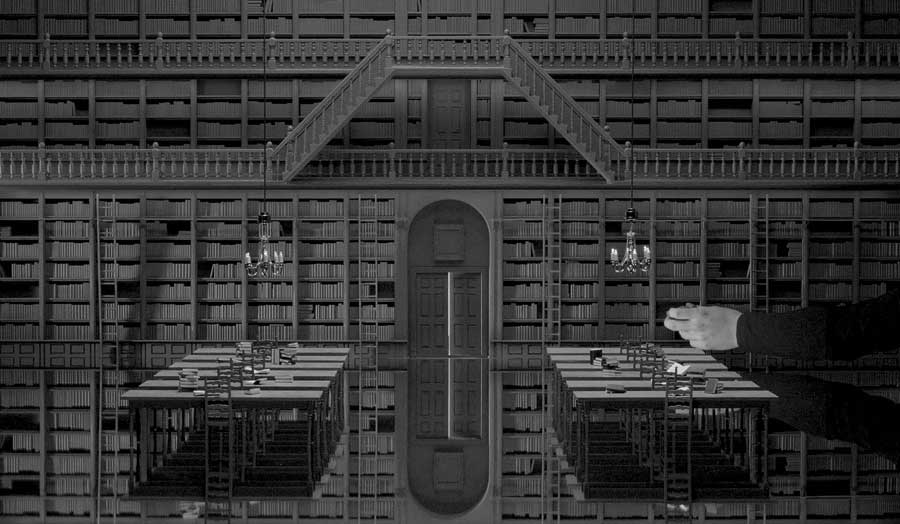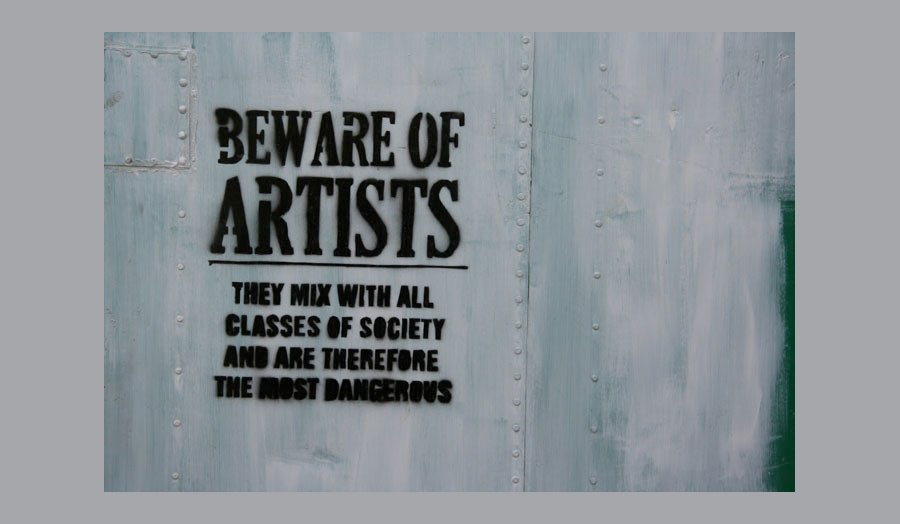Trevor Norris
This studio is for students who are interested in exploring any aspect of the climate emergency whether it directly relates to your degree discipline or not. You could investigate any of the following in the studio:
- sustainable building and architecture practice in the UK or other parts of the world
- the supply chains of fast fashion
- the latest innovations in textile or interior design
- a cultural critique of the anthropocene
- indigenous and Global South perspectives on nature and the climate emergency
- cultural and critical theory about the climate emergency
- sociological, psychological and public health perspectives on collective and individual change
- the political landscape of ecological campaign groups
- the relationship between the climate emergency and structures of colonisation, imperialism and economic extraction
Last year, students wrote on biophilic design, waste in the wool industry, plastic recycling, the influence of the East India Company in today’s trade export routes, visual design in weaving instruction, and on advertising and consumerism. Students also wrote about health psychology in promoting social change, eighteenth century popular responses to industrialisation and the place of nature in educational syllabuses. You can see how wide the studio possibilities are.
We begin with a seven-week series of discussions and workshops to kickstart your creative, critical and writing process, and to help you work concretely towards the first assignment at the end of term one.
We’ll meet regularly over the course of the year for a series of theoretical discussions and readings designed to help you frame your inquiry at a conceptual level. In these standalone discussions, we will explore the trade-off between commercial and industrial efficiency and creative flourishing in the structures of production, property, commerce and law that are all around us. We’ll ask where these efficiencies sit in our bodies, behaviours and feelings as both long-standing cultural legacies and concrete harms. There is nothing inevitable about the way we organise our societies. Changing the harmful structures of economic efficiency, which are making the planet uninhabitable, is up to us.
Indicative reading
You may want to look at these ebooks very briefly to get an idea of the conceptual and ethical commitments of the studio.
- How the World Really Works: a scientist's guide to our past, present, and future by Vaclav Smil
- The Human Planet: how we created the Anthropocene by Simon L. Lewis; Mark Maslin
- Psychological Roots of the Climate Crisis: neoliberal exceptionalism and the culture of uncare by Sally Weintrobe
- Pleasure Activism: the politics of feeling good by adrienne maree brown
- Our History is the Future: Standing Rock versus the Dakota Access Pipeline, and the long tradition of indigenous resistance by Nick Estes
- These Wilds Beyond Our Fences: letters to my daughter on humanity's search for home by Bayo Akomolafe
- Pollution is Colonialism by Max Liboiron
- Bullshit Jobs by David Graeber
- The Shock of the Anthropocene: the Earth, history and us by Christophe Bonneuil; Jean-Baptiste Fressoz; David Fernbach
- The Social Edge: the power of sympathy groups for our health, wealth and sustainable future by Anthony Costello
*
Studio image: Code of Hammourabi, stele, Musée du Louvre. Banner: Hans Op de Beeck, Staging Silence (3), video still (detail), 2019

Details
| Tutor | Trevor Norris |
|---|



















